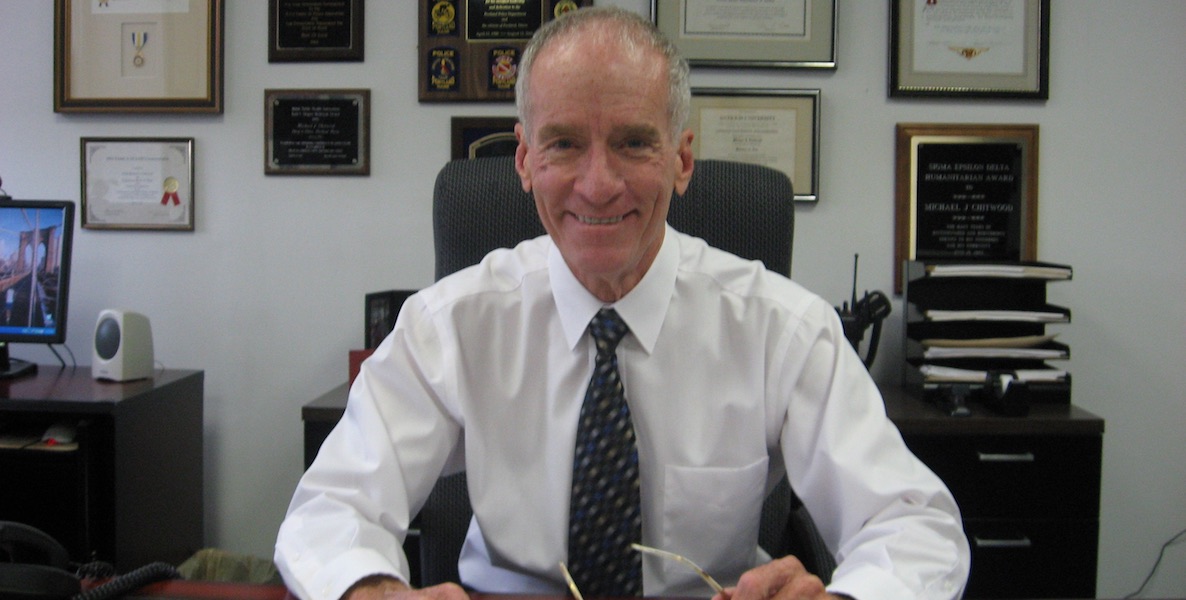Back in 1994, I was the first reporter to attend and cover the pilot session of the Philadelphia Police Department’s Civilian Police Academy, and I wrote an 11-part series on police training and operations for a South Philadelphia newspaper.
Forty clergy members, lawyers, district advisory council members, town watch volunteers, and community leaders also attended the modified police training every Tuesday night in an effort to show how the police are trained to operate on the streets
I recall the evening that a police instructor spoke of low-risk car stops and how probable cause, such as an expired tag or registration, allowed the officers to stop the car. We were shown how proper car stops were performed in the parking lot.
“A low-risk stop does not involve a felony, and the occupants do not have a weapon to the best of the officer’s knowledge,” the instructor explained. “But a low-risk stop can quickly elevate into a high-risk one.”
The instructor introduced a former recruit who spoke of his third day on patrol in South Philly. He told us that he performed what he thought was a low-risk car stop and then discovered that the driver was armed with an illegal firearm.
As a crime reporter and a columnist, I’ve gone out on numerous “ride-alongs” with police officers over the years, and I’ve watched them perform many car stops. I observed how some of the car stops led to a ticket for a violation, while other car stops led to an arrest that took a bad guy off the streets.
In my last column I interviewed Joseph P. Sullivan, who served as the Philadelphia Deputy Commissioner for Patrol Operations from 2017 to 2000. The retired veteran police executive weighed in on Philadelphia Mayor James Kenney’s order to stop the police from making car stops for minor traffic violations, the first such ban in the country.
After City Council passed the Driving Equality Bill, introduced by Councilman Isaiah Thomas, the mayor issued the executive order with the goal of healing police-community relations. The car stop ban is meant to protect minority drivers from discrimination.
Sullivan said the Philadelphia Police Department makes approximately 70 percent of its seizures of illegally possessed guns during vehicle investigations. Traffic enforcement, he said, is connected to crime suppression.
I reached out to Michael J. Chitwood and I asked him for his take on stopping car stops.
Chitwood retired as the Upper Darby, Pennsylvania’s Superintendent of Police in 2019, ending his more than 55 years in law enforcement. He spent 35 years as a chief of police in both urban and suburban departments, and he served 20 years in the Philadelphia Police Department as a Highway Patrolman, narcotics officer and homicide detective. He was the most decorated police officer in Philadelphia history.
“There are two issues here. One is the political issue,” Chitwood said. “The bill was introduced by Councilman Thomas, who claimed that he was stopped between 10 and 30 times. He and others are concerned about the bridges between the community and the police, and I understand that.”
Chitwood then addressed the other issue, crime. He noted that the city has more than 400 homicides, and shootings and drugs are out of control. With rampant drug and weapons trafficking, he said the city loses much by limiting car stops.
“You lose a lot in Black, Brown and white neighborhoods if you take away these police interactions,” Chitwood said. “Police officers sometimes make these car stops due to reasons as miniscule as registration, broken taillight, and license plates not properly secured, and they wind up discovering a load of drugs and/or guns.
“For example, when I was in Highway Patrol, we saw a guy make an improper turn. We stopped the guy and we found numerous handguns in the trunk of the car. We found rope, ski masks and rubber gloves. Now he wasn’t going to church with this stuff in his car. There was a robbery planned and a robbery stopped, as we arrested him. That’s what you lose with this ban.”
Chitwood said curbing car stops takes away police authority to monitor traffic and cars and all the crime that goes with it. Felons, he noted, will be driving around freely in cars and this will lead to armed criminals more easily victimizing citizens, especially in the minority communities.
“Police officers need probable cause to stop anybody. I don’t believe in arbitrary stops,” Chitwood said. “But to me, a motor vehicle violation, even a minor one, is a violation. Period.
Taking away these tools from a police officer is a mistake. I think you’re handcuffing the police.”
Paul Davis’ Crime Beat column appears here each week. He can be contacted via pauldavisoncrime.com.





